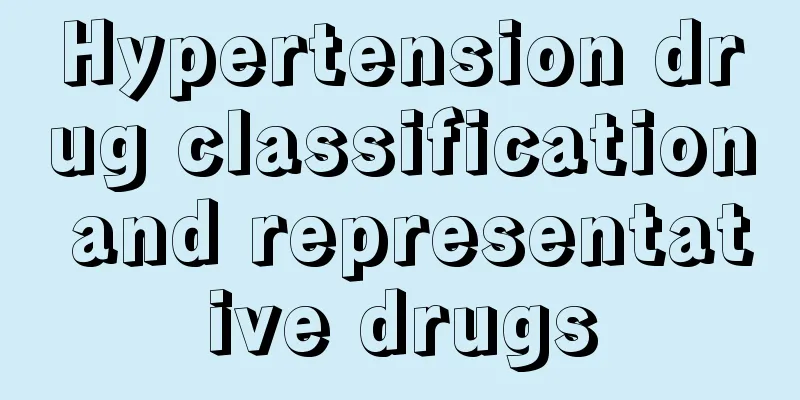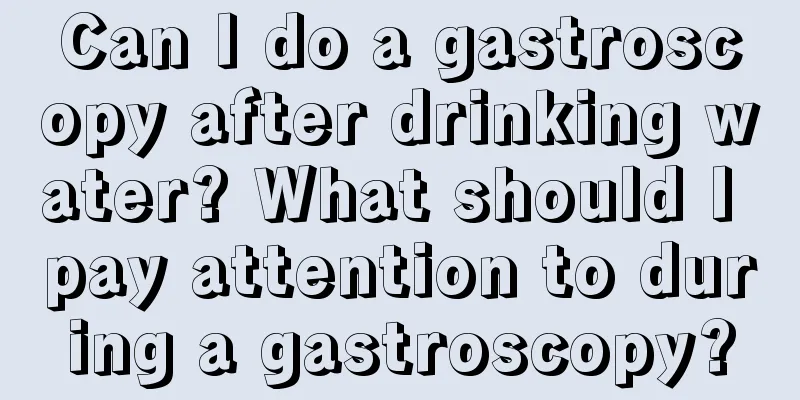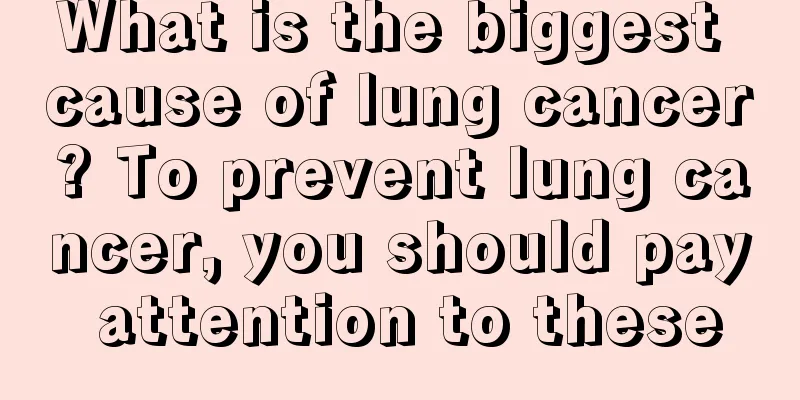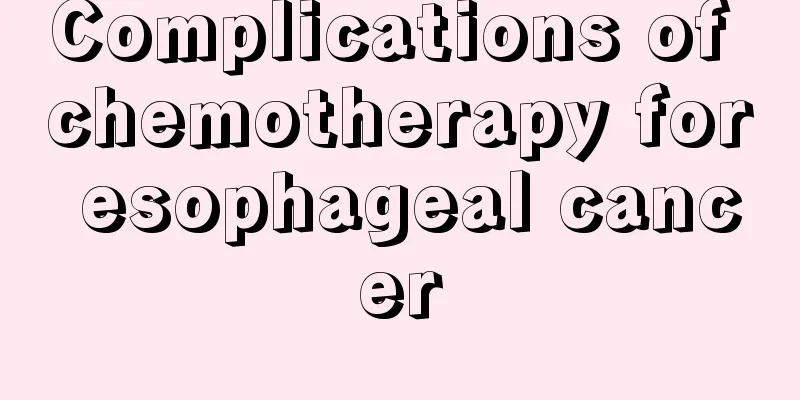Can liver failure be cured

|
The situation for liver failure is relatively critical. Basically, there is no cure after it occurs. There is no cure now. We can only prescribe the right medicine for the disease and choose relevant treatment measures according to the specific symptoms of the patient. This is only to improve the patient's quality of life, but it can only provide temporary relief. Most patients will have repeated attacks or even worsen their condition. If this is the case, it will be very serious and will affect the patient's life if you are not careful. Therefore, it is best to perform a liver transplant as soon as possible. This is currently the only way to temporarily recover from liver failure and it can also prolong the patient's life. Currently, there is no specific and effective treatment for liver failure in clinical treatment, which emphasizes comprehensive treatment, including basic medical treatment, artificial liver support treatment and liver transplantation. Drug treatment (1) Basic principles of internal medicine treatment: early diagnosis and early treatment, taking appropriate comprehensive treatments for different causes, and actively preventing and treating various complications to buy time for liver cell regeneration. ① General supportive treatment: bed rest, strict disinfection and isolation, ensuring daily energy and fluid supply, maintaining a stable internal environment, and dynamically monitoring changes in liver function, blood biochemistry, coagulation parameters, etc. ② Treatment targeting the cause and pathogenesis: a Etiological treatment: For positive hepatitis B virus markers and HBV For patients with liver failure who are DNA positive, nucleoside analogues such as lamivudine, telbivudine, entecavir, etc. should be used as early as possible on the basis of informed consent. Clinical studies have shown that active and effective antiviral treatment can inhibit viral replication, curb the inflammatory process of liver failure in the short term, and inhibit inflammatory attacks, delay liver fibrosis, and reduce the occurrence of liver cancer in the long term; however, attention should be paid to the possibility of viral mutation during subsequent treatment and worsening of the disease after drug discontinuation. For liver failure caused by drugs or alcohol, promptly stop taking the suspected drug and strictly abstain from alcohol. b Hormone therapy: Studies have shown that glucocorticoids have a significant effect on reducing the mortality rate of acute liver failure (especially alcoholic liver failure), but there is some controversy about the use of glucocorticoids in patients with acute-on-chronic liver failure caused by HBV. Zhou Xianshan et al. conducted a randomized study on 63 patients with early chronic severe hepatitis B/ACLF and found that the use of glucocorticoids (dexamethasone 10 mg/day × 7 days, then gradually reduced, with a total course of 7 weeks) on the basis of antiviral treatment can effectively improve clinical symptoms, total bilirubin and prothrombin activity without increasing the incidence of complications such as abdominal infection and gastrointestinal bleeding. |
<<: Can I drink water if I have atrophic gastritis?
>>: Is pyelonephritis serious?
Recommend
What sleeping position is less likely to cause snoring?
The small habits in life can have a serious impac...
Where is the jaw
There are many bones in our body. The main compon...
Can early stage nasopharyngeal cancer be cured?
Can early-stage nasopharyngeal cancer be cured? W...
Which hospital is trustworthy for rectal cancer
Rectal cancer is one of the most common malignant...
What causes ovarian cancer in women
The occurrence of ovarian cancer is influenced by...
Papaya's nature, flavor and meridians
It can be said that papaya has many benefits. Fir...
High-salt diet is a risk factor for gastric cancer
Clinical data show that there is a clear correlat...
How long does it take to get pregnant after endometrial cancer surgery
Endometrial cancer is one of the three major mali...
How to quickly relieve the pain of pulpitis, six tips to tell you
Pulpitis must be diagnosed and treated promptly. ...
What are the factors that affect sleep? Pay attention to these things
Good sleep quality is very important for people&#...
Pesticide exposure may increase brain cancer risk
Isabelle from the University of Bordeaux II in Fr...
Who is not suitable to wear red agate
Red agate is a common type of jade jewelry in dai...
Strong foreign body sensation in throat
Having foreign objects in the throat is a very co...
Causes and methods of toothache causing headache and half face pain
Toothache may seem like a minor illness, but it i...
The advantages and disadvantages of wearing a crown
Teeth are very important to everyone. So if there...









